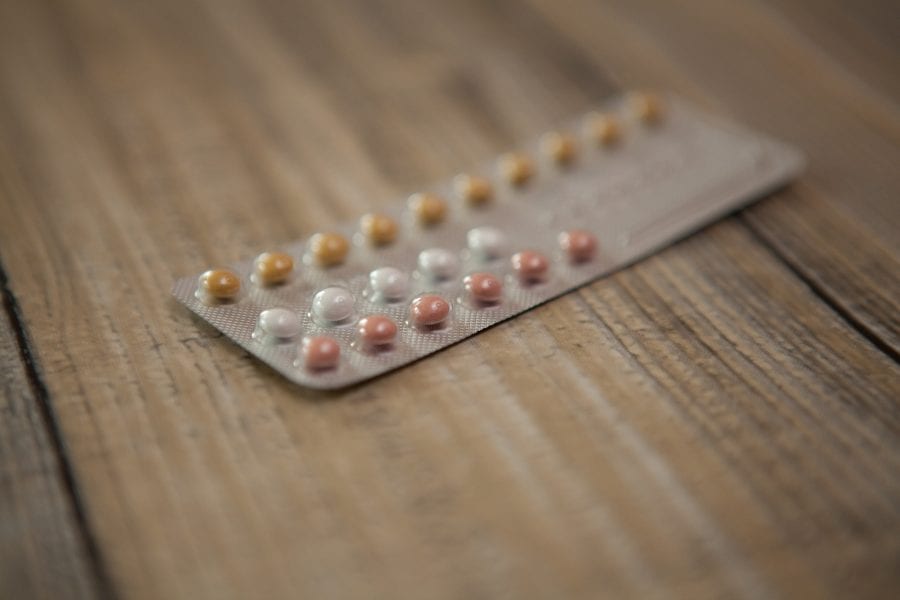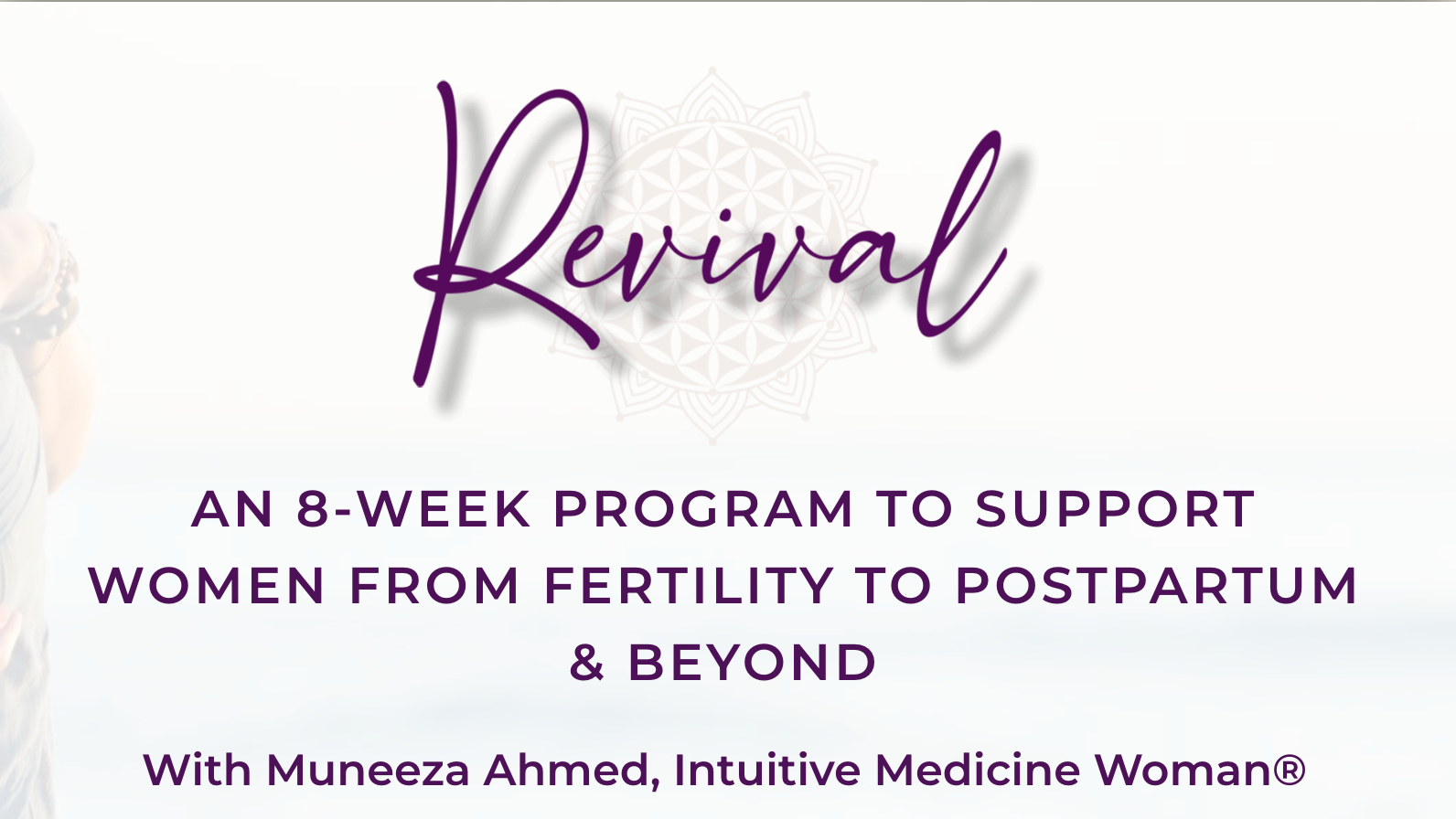Are you a woman who has taken birth control? Do you know someone who has taken birth control? Hormonal birth control is the most widely prescribed drug in the USA.
There are several types of birth control, and I will list them, but I am not going to debate the pros and cons of each one. I really want to share with you all some of the downsides of these methods of birth control for your health (especially if you are chronically sick) and also share the more natural methods, which are even more effective than most others.
Types of Birth Control
1. Hormonal Birth control is probably the least safe to use, especially on a long-term basis. Artificial or synthetic hormones feed the viruses that live in us. There are many risks associated with it in terms of side effects (they are drugs, after all), including cancer amongst others. Remember that as per Medical Medium, cancer is caused by a virus + toxins. If you can help it, do not fill in the toxins part of the equation with something you can control.
Whether you take a pill or use a coil, it is a good idea to switch to something that is not hormonal, as there are many options available. Also, remember in his first book, Medical Medium: Secrets Behind Chronic and Mystery lllness and How to finally heal, he talks about how the shift in hormones can trigger viral symptoms – remember it is NOT the cause. Artificial and synthetic hormones are not much different in effect.
2. Barrier methods are much more highly recommended, and the safest of those is probably the good old condom. However, most commercially available condoms are really full of the junkiest stuff in terms of the chemicals and lubricants applied to them. There are, fortunately many safer (and vegan) options, which I want to outline for you here:
- Sustain condoms – they used to tout Aloe as part of their lubricant but have since changed the formula to contain silicone (plastic), amongst others. However, since we do not even know what is in brands like Trojan, it’s better to choose a company whose ingredients you are familiar with.
- Glyde Condoms (do not use their flavored varieties; they contain the good old natural flavors) – they are vegan and fair trade but, again, contain silicone plastics.
- Lovability condoms – they contain a silicone oil and corn ingredients in their lubricant (should tell you just HOW prolific the use of corn is in the world)
- Sir Richard’s condoms are free of glycerin, spermicide, and parabens – however, they still contain some silicone, ammonia, and corn.
So I think that the market for condoms has improved and is offering much healthier options. However, they are not perfect. If you used them only once in a while, then you can do some of the anti-plastics tea and help yourself along. It really is the best barrier option we have available, especially if you use a healthier version. There are women who are too sensitive to handle the lubricants even on these condoms. For them, keep reading below.
Have you heard? I’ve created a powerful EIGHT-WEEK program to educate and empower women on every stage of their life cycle.
Click here to learn more about REVIVAL: AN 8-WEEK PROGRAM TO SUPPORT WOMEN FROM FERTILITY TO POSTPARTUM & BEYOND
In the realm of putting things inside women’s vaginas, I am totally not in favor of any of those, including a diaphragm made of plastics, and copper coil, made of the HEAVY metal copper. Remember that Medical Medium talks about the connection between copper and Eczema and psoriasis? There is a big one.
3. The safest method is the mucous method – also known as the Billings method (from the couple that first pioneered this method) and in its more modern form known as the Creighton Model Fertility Method (don’t panic, if you can use it to get pregnant you can use it NOT to). This form of birth control relies upon knowing your body a little better (THAT knowledge has never let us down). It involves learning to read your vaginal mucus.
When your mucus is what is known as fertile mucous, you are most likely to make a baby. When you have a mucous that is non-fertile you are unlikely to make a baby. The method is VERY effective. The Creighton Model involves 8 classes and a couple of them with your partner. It is definitely worth your time to learn to read your vaginal mucus. And couples who use this as birth control are able to enjoy barrier-free sex in the knowledge that they likely will not get pregnant. I know a few couples who have used this method for years very very successfully.
You don’t need to rely on ovulation meters, basal body temperature etc. You rely on the signals your body naturally gives you and this appeals to me on every level as the best way to practice natural birth control.
This is by no means a comprehensive review of ALL birth control methods out there, but is a brief guide for you to explore a little more deeply. I would love to hear your comments, what do you use? What would you change? Which method are you drawn to the most?





